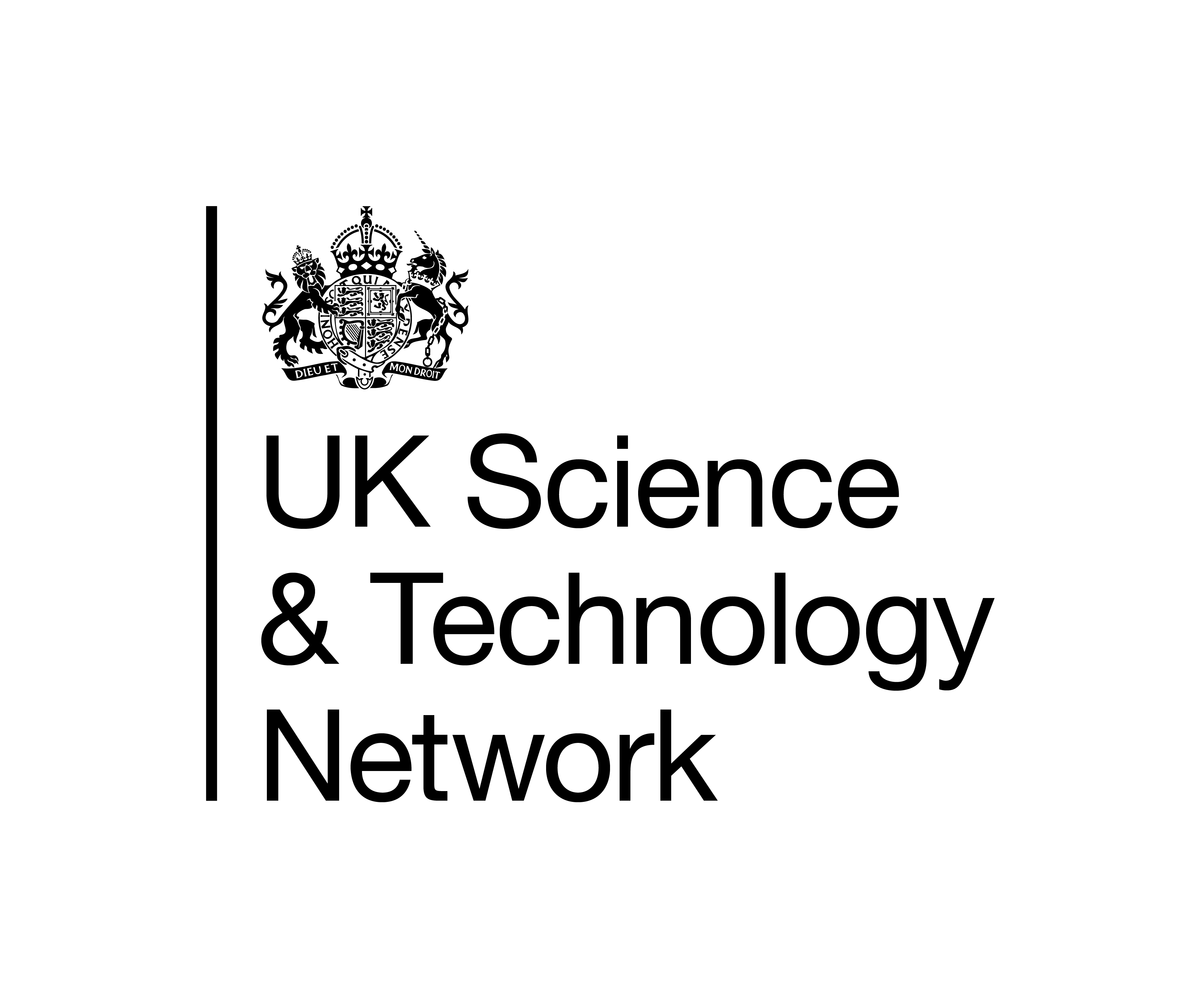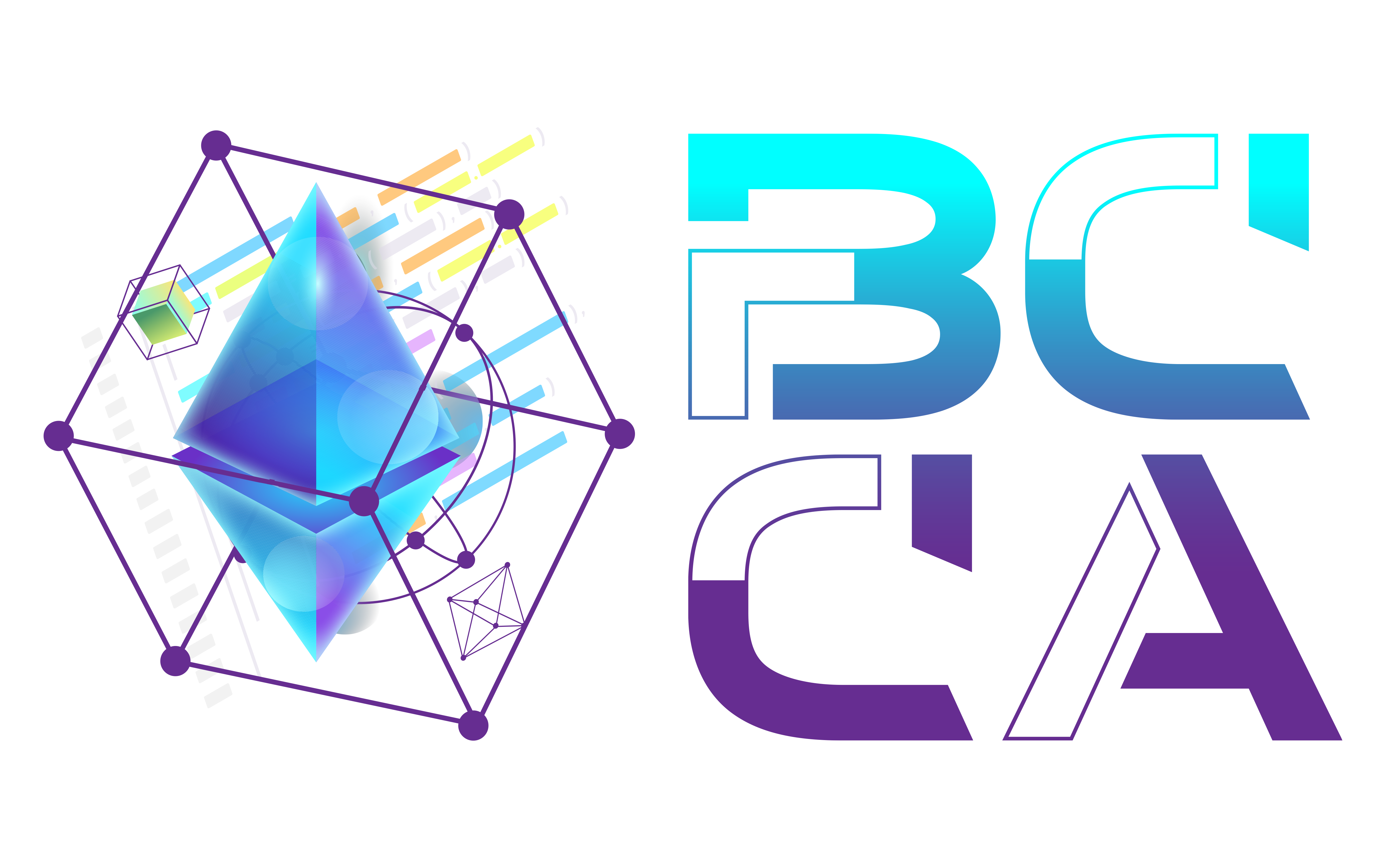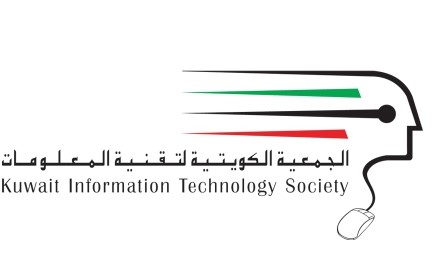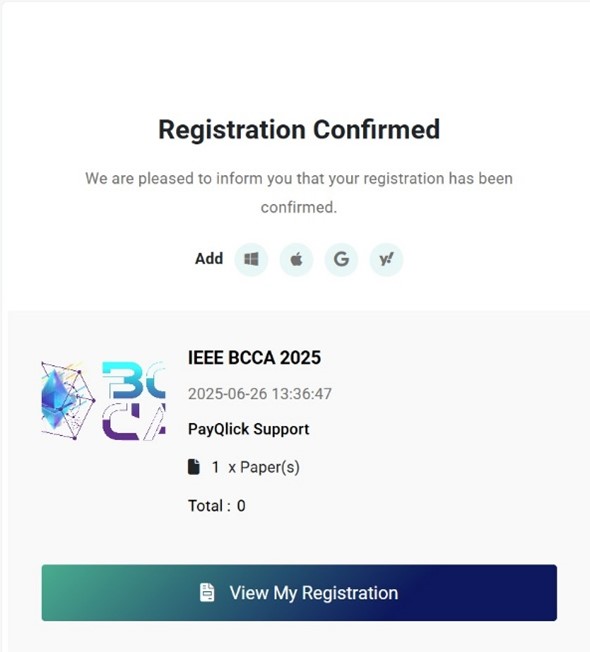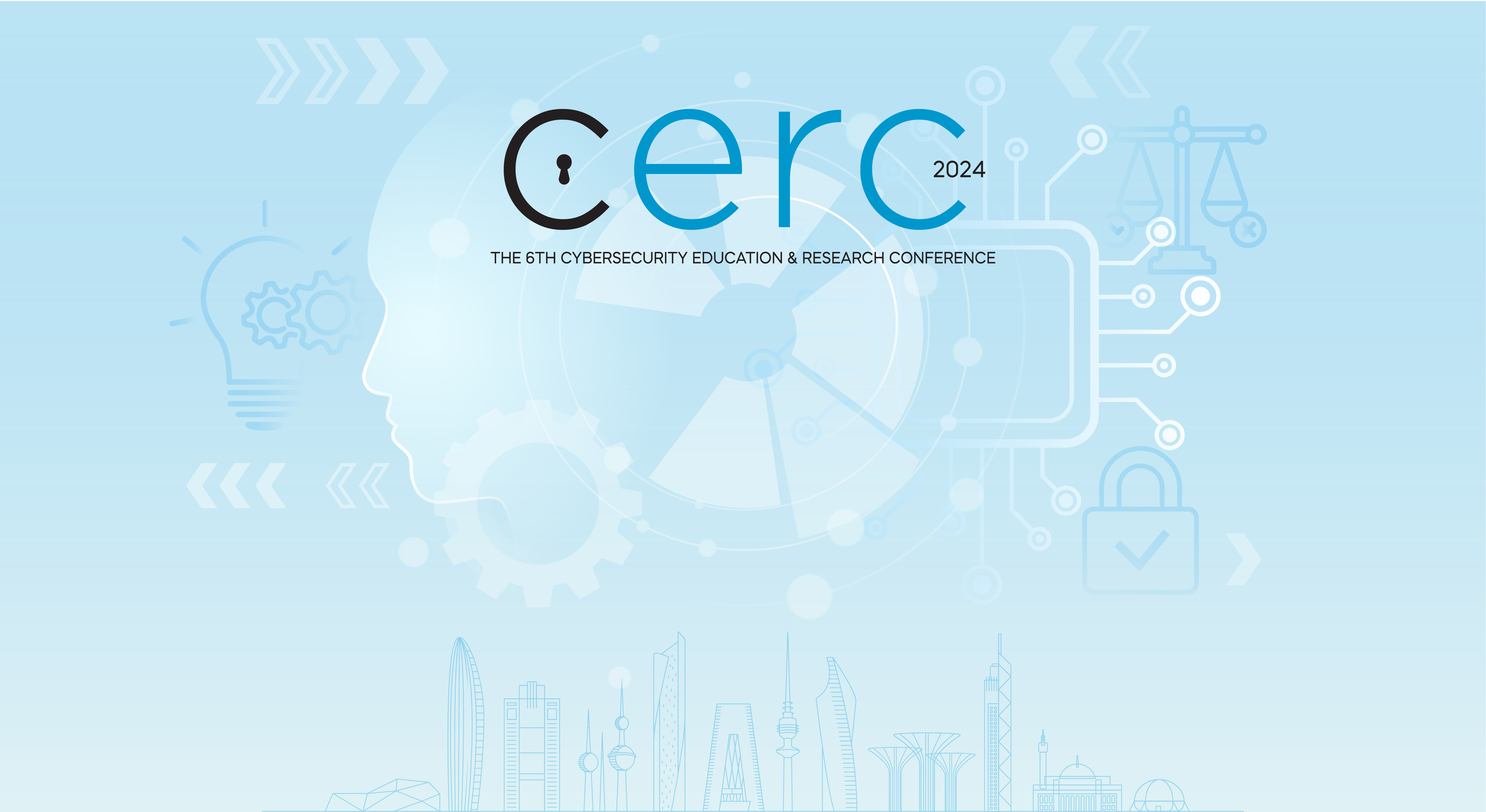Conference Overview
Cybersecurity Education and Research Conference (CERC) is a joint venture between Kuwait and the UK. CERC’25 supports the Kuwait-UK Memorandum of Understanding on Cyber Security signed in 2018, which points to (amongst other areas) engagement in both education and research.
CERC’25 is organised by the Kuwait National Cyber Security Center (NCSC), in collaboration with the UK Government led by the British Embassy in Kuwait, the Kuwait College of Science & Technology (KCST), and Cardiff University.
The conference will take place at the KCST Auditorium on 15-16 October 2025, with support for accommodating international speakers and pre-registered attendees. The conference will be Technically Co-located with the 7th International Conference on Blockchain Computing and Applications (BCCA 2025).
What makes CERC distinguished this year is that accepted technical papers presented at the conference will be published in the IEEE Xplore Digital Library, which is indexed by all major indexing agencies, as part of the proceedings of the 7th IEEE BCCA conference. Selected high-quality papers may be invited for extended versions in special journal issues.
The theme for this year’s conference is:
Intelligent Cyber Defence Convergence for a Safer Digital World
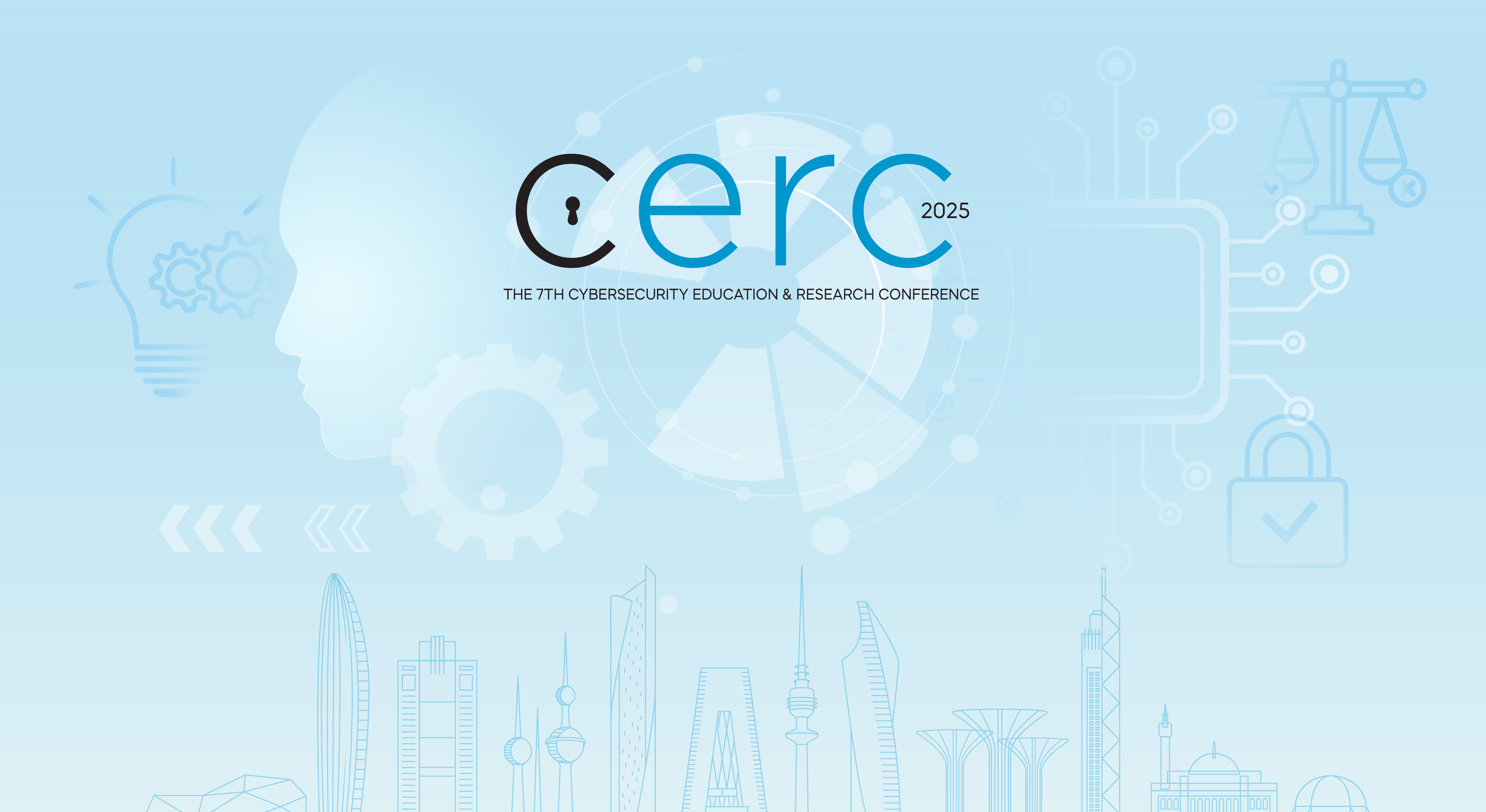

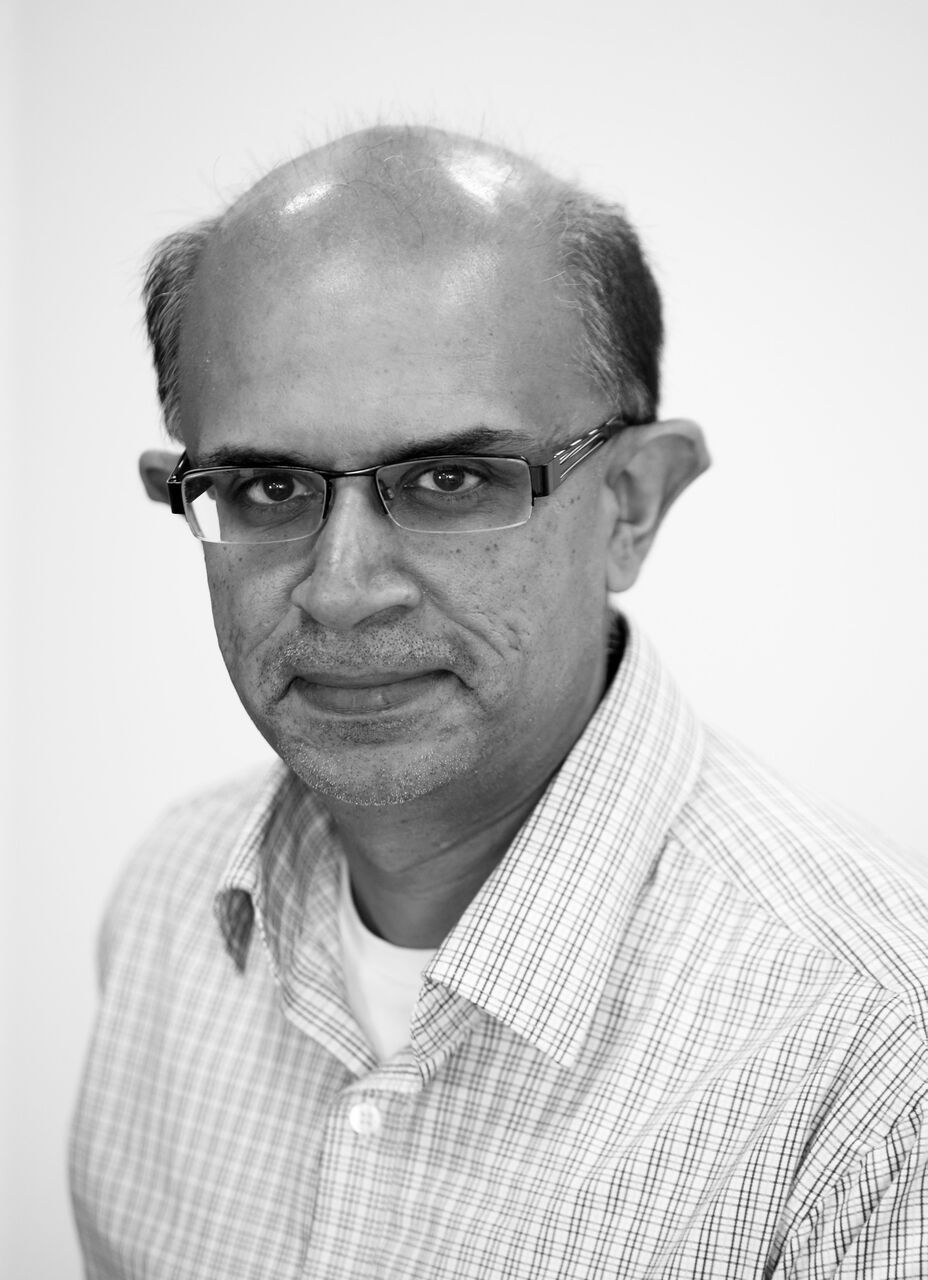
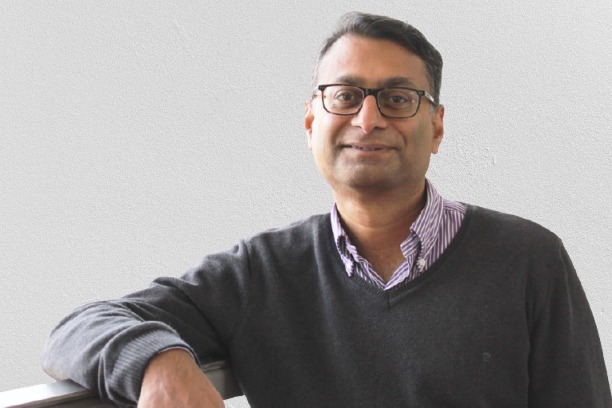

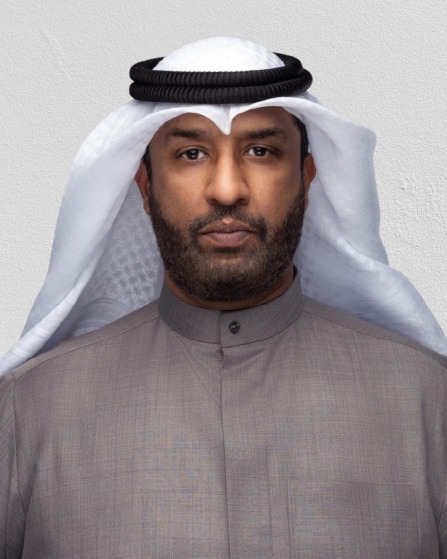

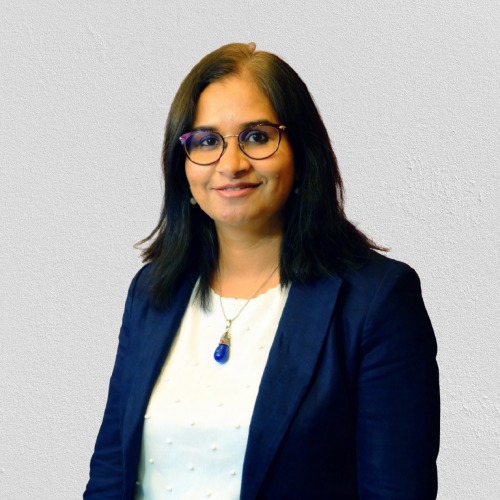
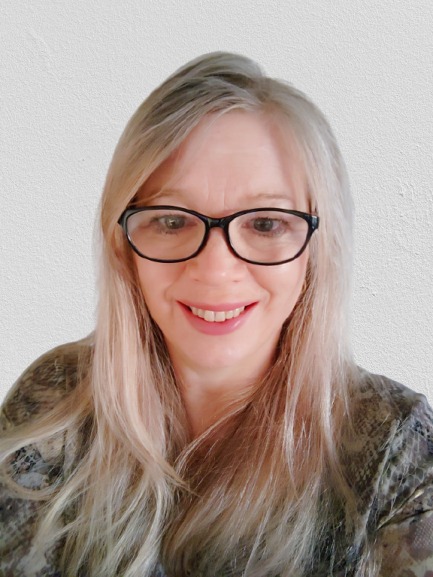


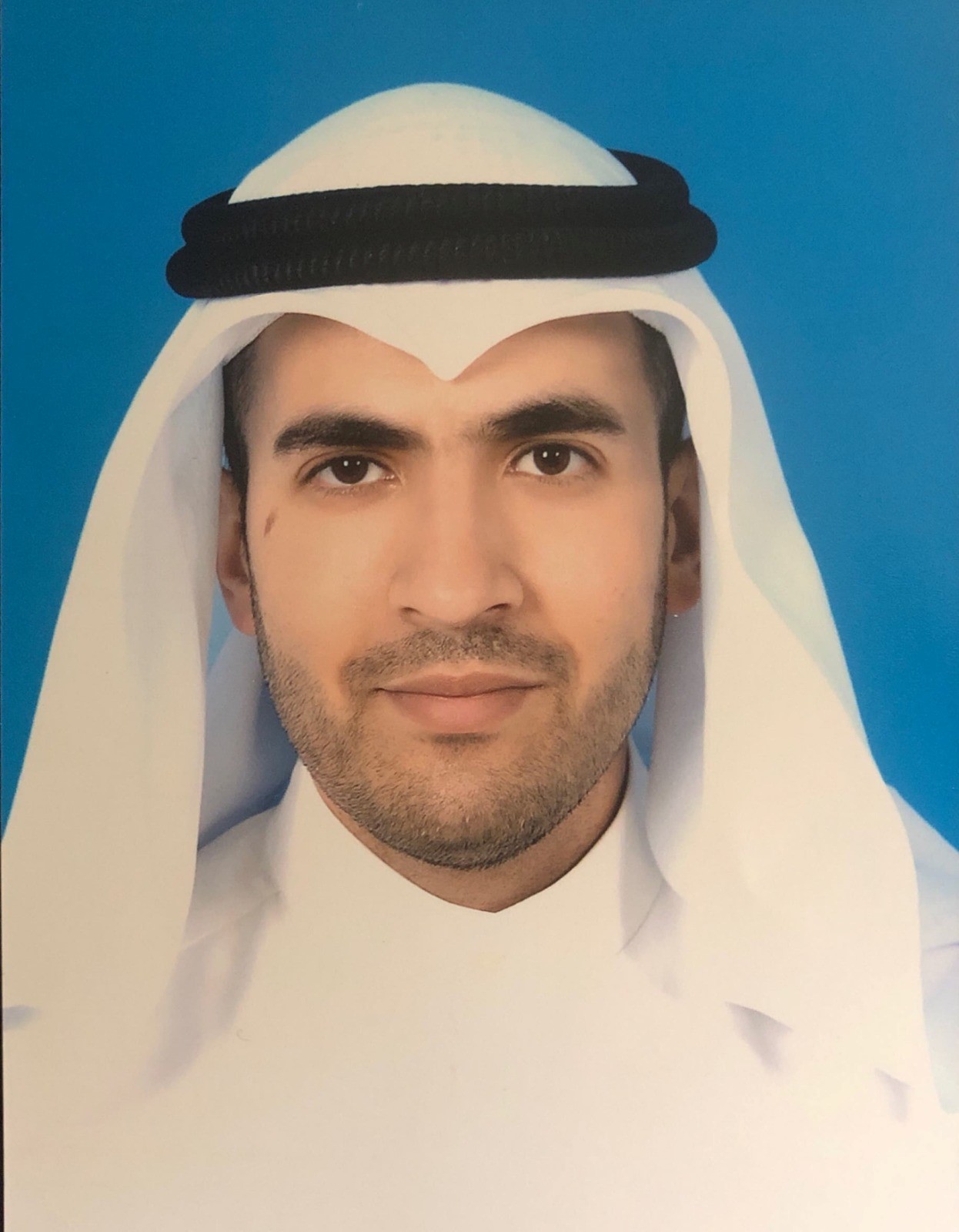
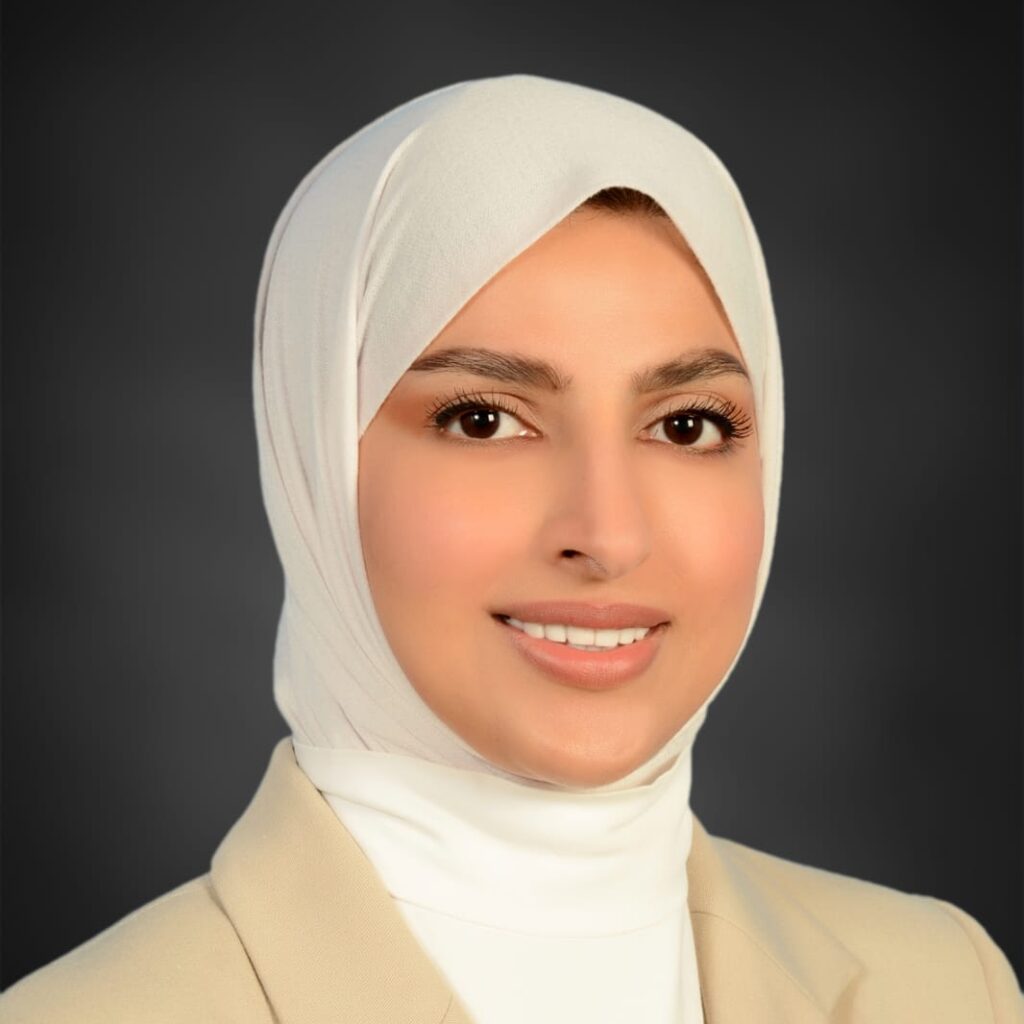
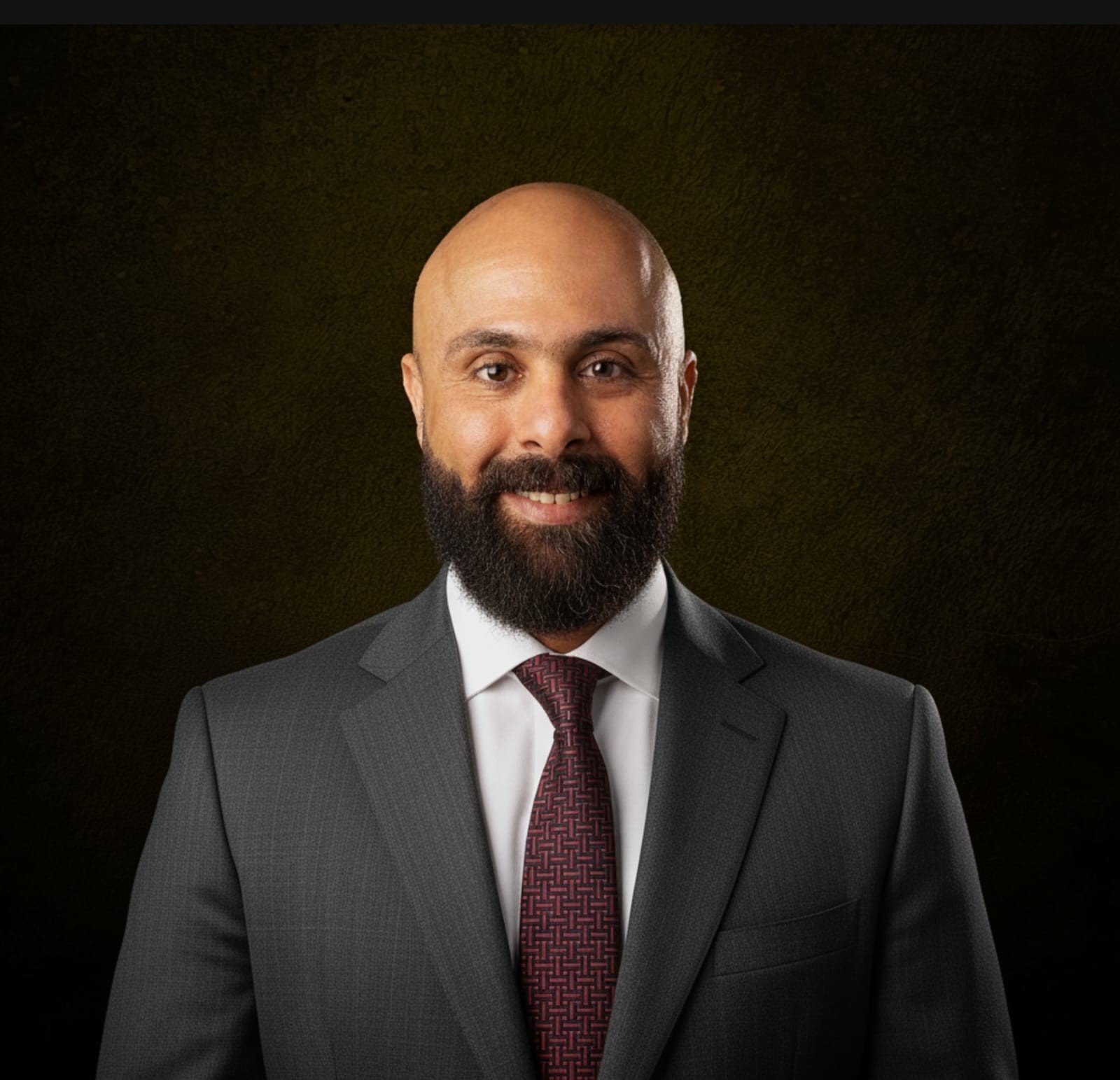
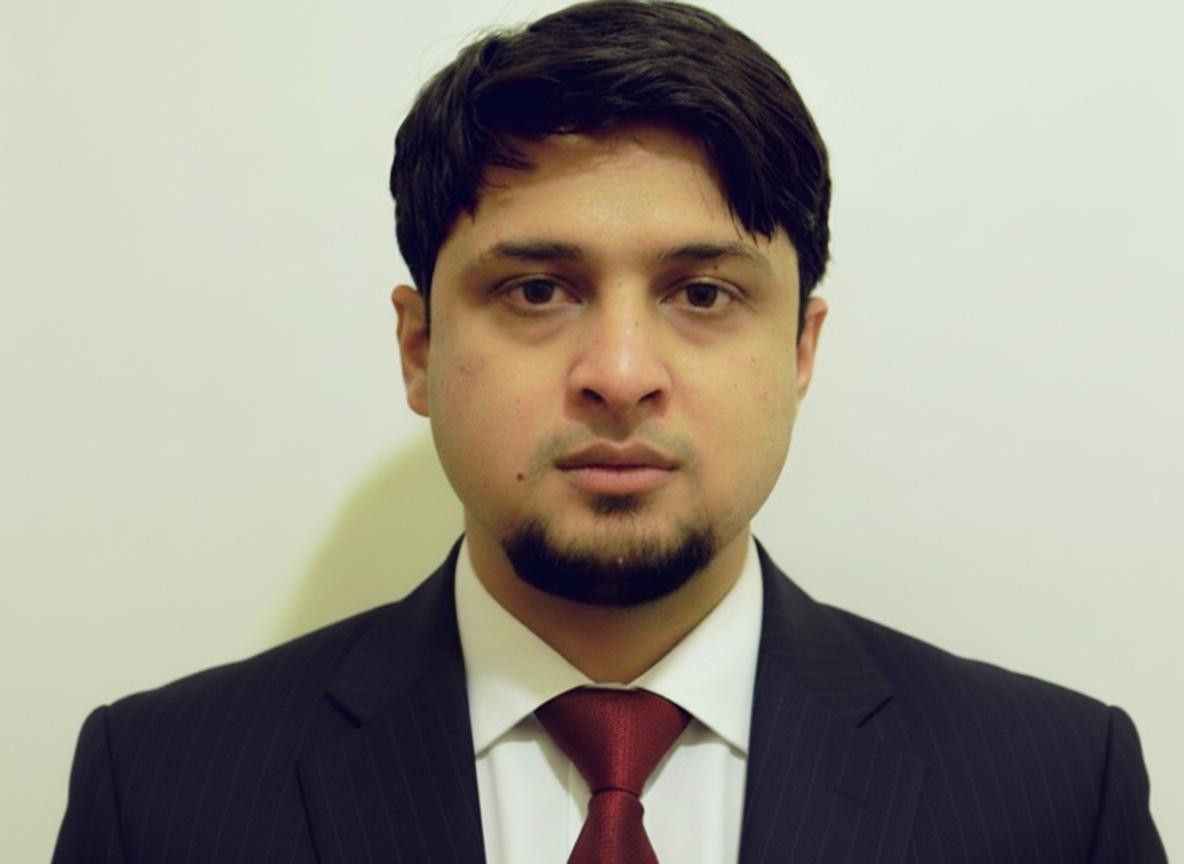
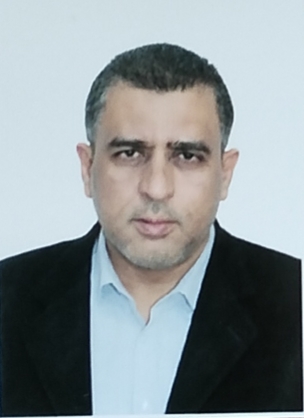






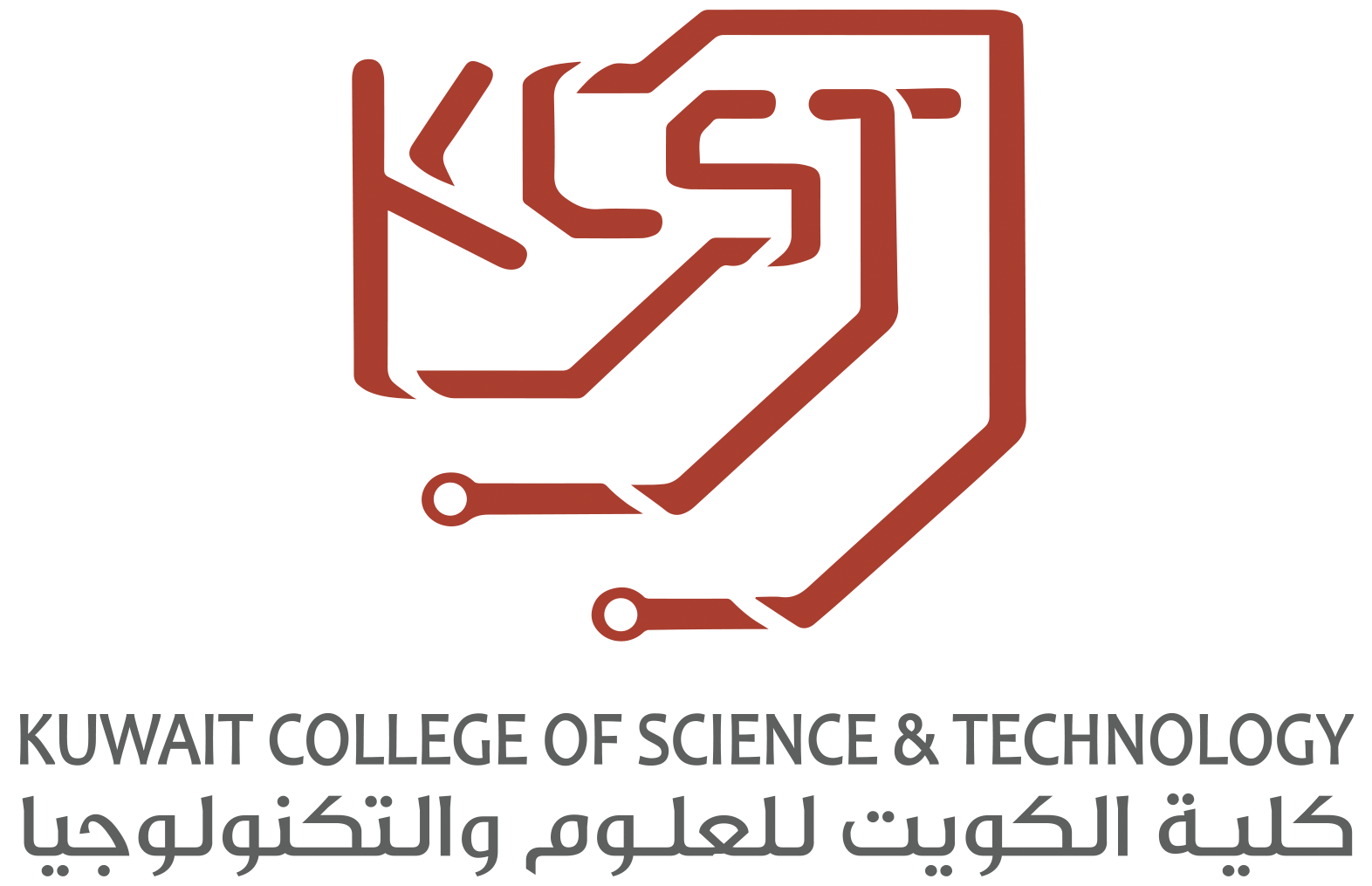
.svg.png)
